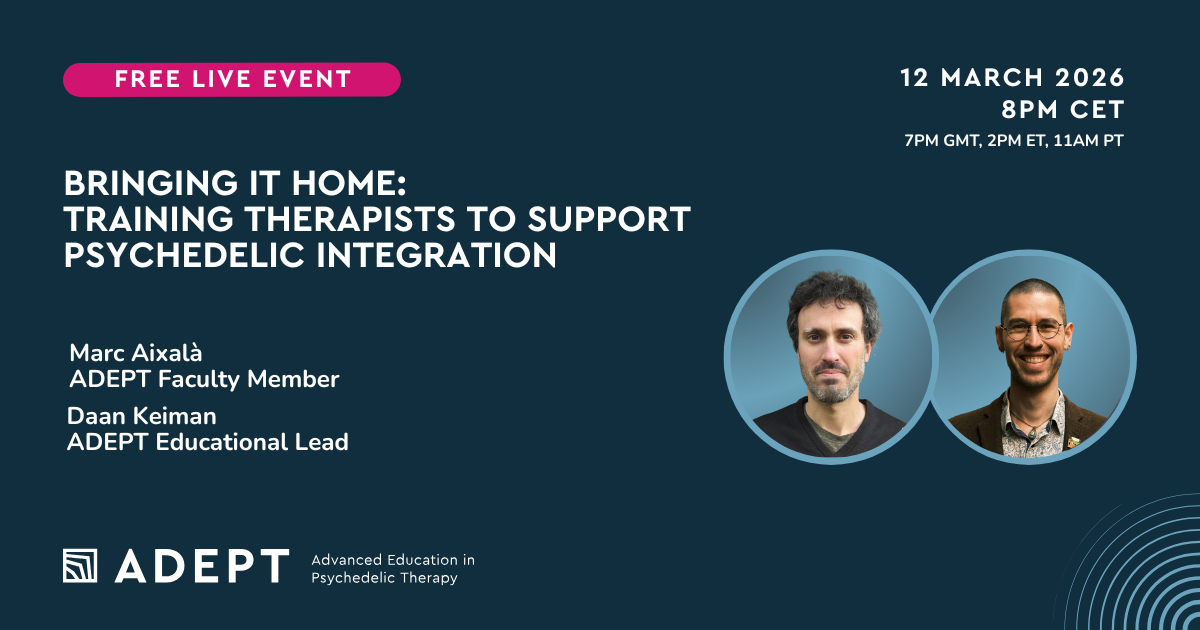Abstract
Background: Chronic posttraumatic stress disorder (PTSD) is a disabling condition that generates considerable morbidity, mortality, and both medical and indirect social costs. Treatment options are limited. A novel therapy using 3,4-methylenedioxymethamphetamine (MDMA) has shown efficacy in six phase 2 trials. Its cost-effectiveness is unknown.
Methods and findings: To assess the cost-effectiveness of MDMA-assisted psychotherapy (MAP) from the health care payer’s perspective, we constructed a decision-analytic Markov model to portray the costs and health benefits of treating patients with chronic, severe, or extreme, treatment-resistant PTSD with MAP. In six double-blind phase 2 trials, MAP consisted of a mean of 2.5 90-minute trauma-focused psychotherapy sessions before two 8-hour sessions with MDMA (mean dose of 125 mg), followed by a mean of 3.5 integration sessions for each active session. The control group received an inactive placebo or 25-40 mg. of MDMA, and otherwise followed the same regimen. Our model calculates net medical costs, mortality, quality-adjusted life-years (QALYs), and incremental cost-effectiveness ratios. Efficacy was based on the pooled results of six randomized controlled phase 2 trials with 105 subjects; and a four-year follow-up of 19 subjects. Other inputs were based on published literature and on assumptions when data were unavailable. We modeled results over a 30-year analytic horizon and conducted extensive sensitivity analyses. Our model calculates expected medical costs, mortality, quality-adjusted life-years (QALYs), and incremental cost-effectiveness ratio. Future costs and QALYs were discounted at 3% per year. For 1,000 individuals, MAP generates discounted net savings of $103.2 million over 30 years while accruing 5,553 discounted QALYs, compared to continued standard of care. MAP breaks even on cost at 3.1 years while delivering 918 QALYs. Making the conservative assumption that benefits cease after one year, MAP would accrue net costs of $7.6 million while generating 288 QALYS, or $26,427 per QALY gained.
Conclusion: MAP provided to patients with severe or extreme, chronic PTSD appears to be cost-saving while delivering substantial clinical benefit. Third-party payers are likely to save money within three years by covering this form of therapy.
Marseille, E., Kahn, J. G., Yazar-Klosinski, B., & Doblin, R. (2020). The cost-effectiveness of MDMA-assisted psychotherapy for the treatment of chronic, treatment-resistant PTSD. PloS one, 15(10), e0239997. https://doi.org/10.1371/journal.pone.0239997













